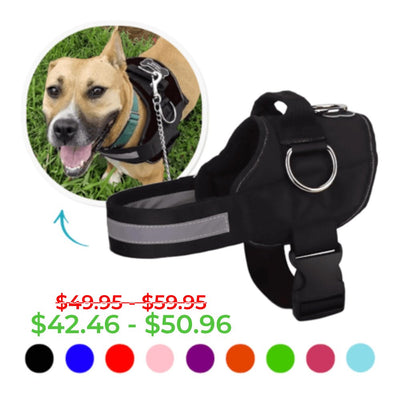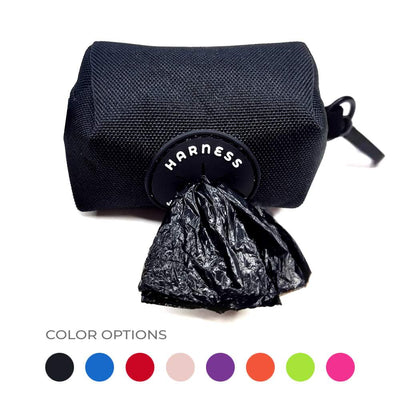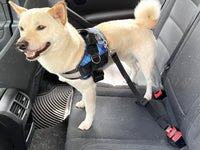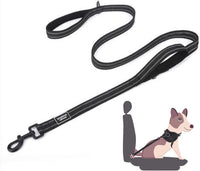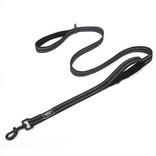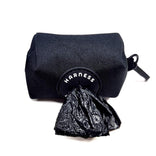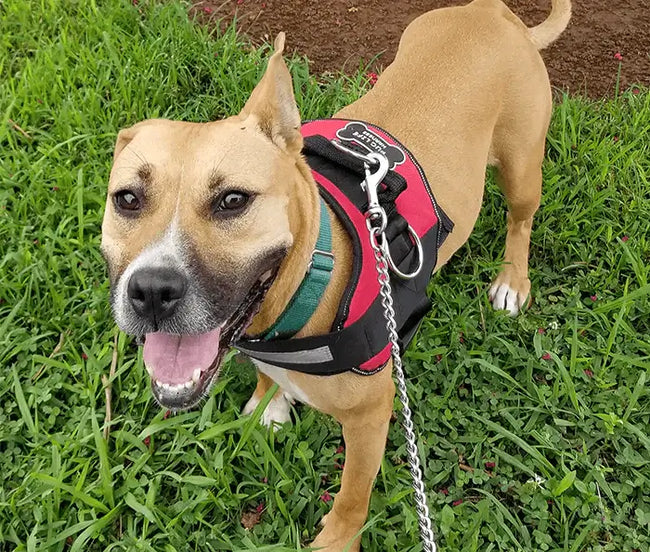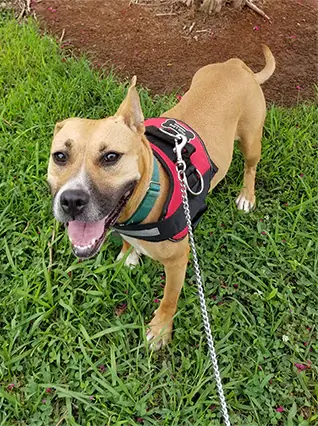How To Care For Your Scared Dog During July 4th Fireworks

Is your dog timid or anxious?
Is your dog startled by loud noises or bright flashes of light?
If you answered yes to either of those questions - or even both - it’s time to start preparing for the July 4th celebrations this week. This isn’t some show at a Disney amusement park. It’s happening right in our own backyards, and depending on firework regulations in your area, you might need to put more work into making sure your dog isn’t terrified.
And this is especially important seeing that studies show the most dogs go missing on July 4th than any other time of the year.
Have you microchipped your fur baby yet? READ MORE
Sadly, most of those dogs that go missing on the Fourth of July don’t make it back home. So here are some pro-tips to take into account in advance. The sooner the better because now that fireworks are for sale, people will be celebrating leading up to and after July 4th.

Consider staying at home.
This option is not going to work out for everyone, but your presence is the most comforting thing a dog can have this time of year. You could hit up the BBQ you were invited to and head home before it’s dark enough for fireworks!
Work out to sleep it out.
Take your dog out for a run or for some sort of heavy exercise. If they can reach REM, or a deep sleep, they will be less likely to react to the sounds of the fireworks as they begin.
Don’t pressure your dog to be okay.
Some people have this idea that it’s better to put your dog in a situation they’re not comfortable with in order for them to get used to it. Respect your dog’s needs and allow them to be fearful of what those lights in the sky are and why they’re so loud. Pressuring them is anything but productive.
Distract with playtime.
If you dog has a favorite toy, bust it out. While you’re at it, create a safe space for your dog with all their favorite toys and blankets. The works. Creating a comfortable space with things that are familiar can help during this time of stress.

Ready to go?
If you feel like none of these options will work for your dog, don’t be afraid to consult your vet for medications and advice. Other than that, preventative measures for lost pets are great to take into account. Need a good place to start? Read our post on microchipping here.



